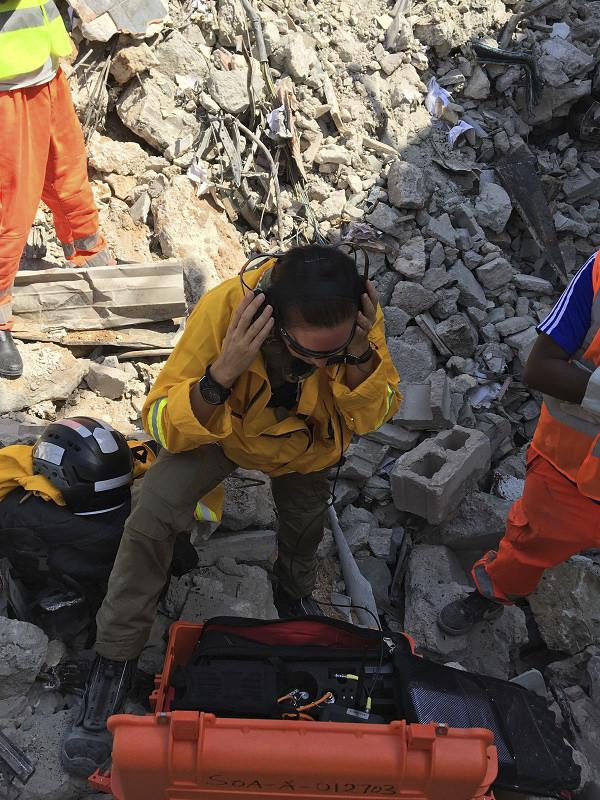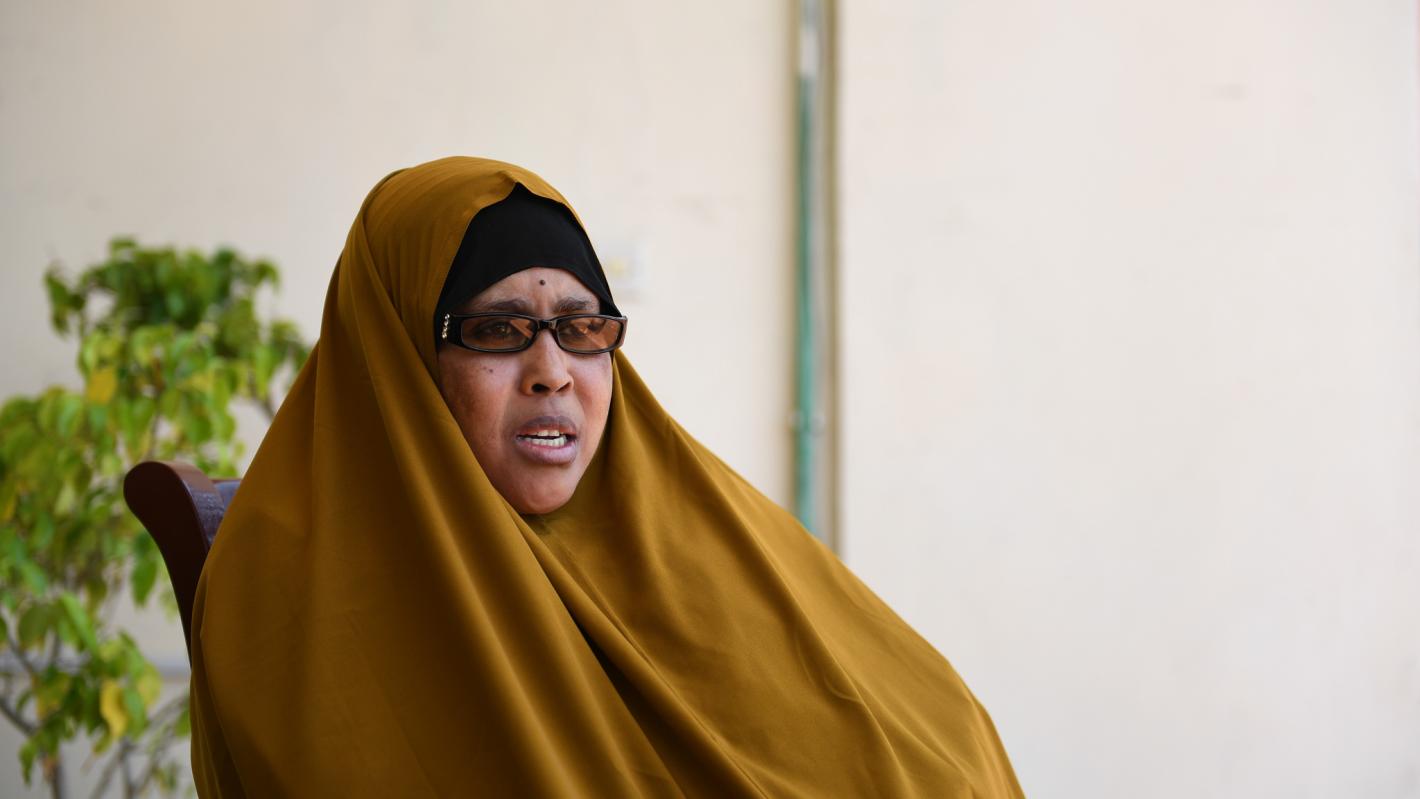Fadumo Haji Ali is lucky to be alive.
She is a survivor of the devastating 14 October 2017 explosion that shattered Mogadishu, killing more than five hundred civilians and leaving hundreds more nursing injuries of varying severity.
But although she managed to cheat death, Fadumo has yet to come to terms with the loss of her mother and 18-year-old daughter in the deadliest ever terrorist attack in Africa involving the use of improvised explosive devices (IEDs).
It was a bright Saturday afternoon, with a cloudless blue sky looming above the Somali capital -- a day that Fadumo thought ideal for running household errands and catching up with close friends and relatives.
She had completed her household chores and was looking forward to meeting an elderly aunt who had travelled from Afgooye town in Somalia’s Lower Shabelle region.
“I was hopeful it would be one of my best weekends, given the fact that my aunt, whom I had not seen for a long period, had come to Mogadishu to visit me and my two daughters. It was really refreshing,” she recalls.
After hours of catching up and exchanging pleasantries, Fadumo escorted her aunt to a bus station located in the Hodan district of the Somali capital to board a minibus back to Afgooye.
“I was also in the company of my mother and daughter, and rather than walk in the harsh sun, we decided to use public transport back to our house in Hamarjajab district. Unfortunately, our van got stuck in Benadir area a few metres from the Zoobe junction,” she recalls.
Fadumo was still contemplating the extent of the traffic jam when a massive explosion ripped through the congested junction. She reckons that the minibus van was approximately 600 to 800 metres from the epicenter of the blast. So strong was the explosion that its impact reduced the van to a mangled wreck, trapping its passengers in the process.
“I can’t remember what happened afterwards. I must have lost consciousness and regained it while lying on a hospital bed,” she explains
She was extracted from the demolished vehicle by rescuers and rushed to a nearby hospital, where she was admitted for two days before being flown to Turkey for further treatment.
The 35-year-old shopkeeper had suffered a fractured skull and deep soft-tissue injuries, which required specialised treatment.

Unfortunately, Fadumo’s mother and 18-year-old daughter died instantly in the blast. Fadumo says she has yet to fully process the loss of her family members and always cries whenever she remembers the events of that fateful day.
“It is not easy to get over a situation where your mother and daughter with whom you were together die in a bomb blast while you survive. The pain of the loss consumes you,” she says, wiping away tears from her eyes. “I only have one daughter left, and I am concerned about her security.”
In addition to the loss of her loved ones, the blast took a heavy toll on Fadumo’s health. She still struggles to perform mundane household chores that others take in their stride. And apart from recurrent headaches, she also has difficulty sleeping and experiences flashbacks at night.
“I have not fully recovered from my injuries, hence I still go for regular treatment at Digfer hospital. It is not cheap, but I believe Allah will provide a solution,” she adds.
Despite the challenges, Fadumo has not given up on life. She has worked hard to revive her retail business which collapsed after she was injured in the blast.
Her husband is currently in Saudi Arabia in search of greener pastures. But he has yet to land a proper job to support the family, leaving to Fadumo the responsibility of making ends meet.
“My life and that of my family were better before the blast. We are experiencing financial problems, but I leave it all to Allah,” she notes.
Fadumo will join her fellow Somalis today in commemorating the tragedy that befell their nation and pray that such a horrific event will never happen again. She urges all Somalis to use the occasion to seek peace and reconciliation that will help bring lasting peace and security.
“The international community cannot do everything. The onus is on us Somalis to work hard and fix our country. I believe it can be done,” Fadumo adds.






